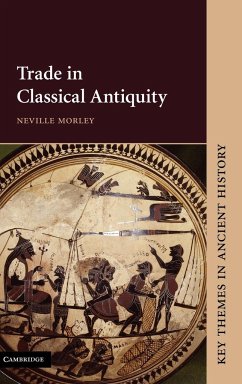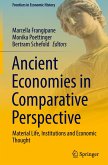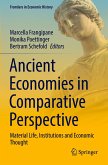Historians have long argued about the place of trade in classical antiquity: was it the life-blood of a complex, Mediterranean-wide economic system, or a thin veneer on the surface of an underdeveloped agrarian society? Trade underpinned the growth of Athenian and Roman power, helping to supply armies and cities. It furnished the goods that ancient elites needed to maintain their dominance - and yet, those same elites generally regarded trade and traders as a threat to social order. Trade, like the patterns of consumption that determined its development, was implicated in wider debates about politics, morality and the state of society, just as the expansion of trade in the modern world is presented both as the answer to global poverty and as an instrument of exploitation and cultural imperialism. This book explores the nature and importance of ancient trade, considering its ecological and cultural significance as well as its economic aspects.
Hinweis: Dieser Artikel kann nur an eine deutsche Lieferadresse ausgeliefert werden.
Hinweis: Dieser Artikel kann nur an eine deutsche Lieferadresse ausgeliefert werden.








